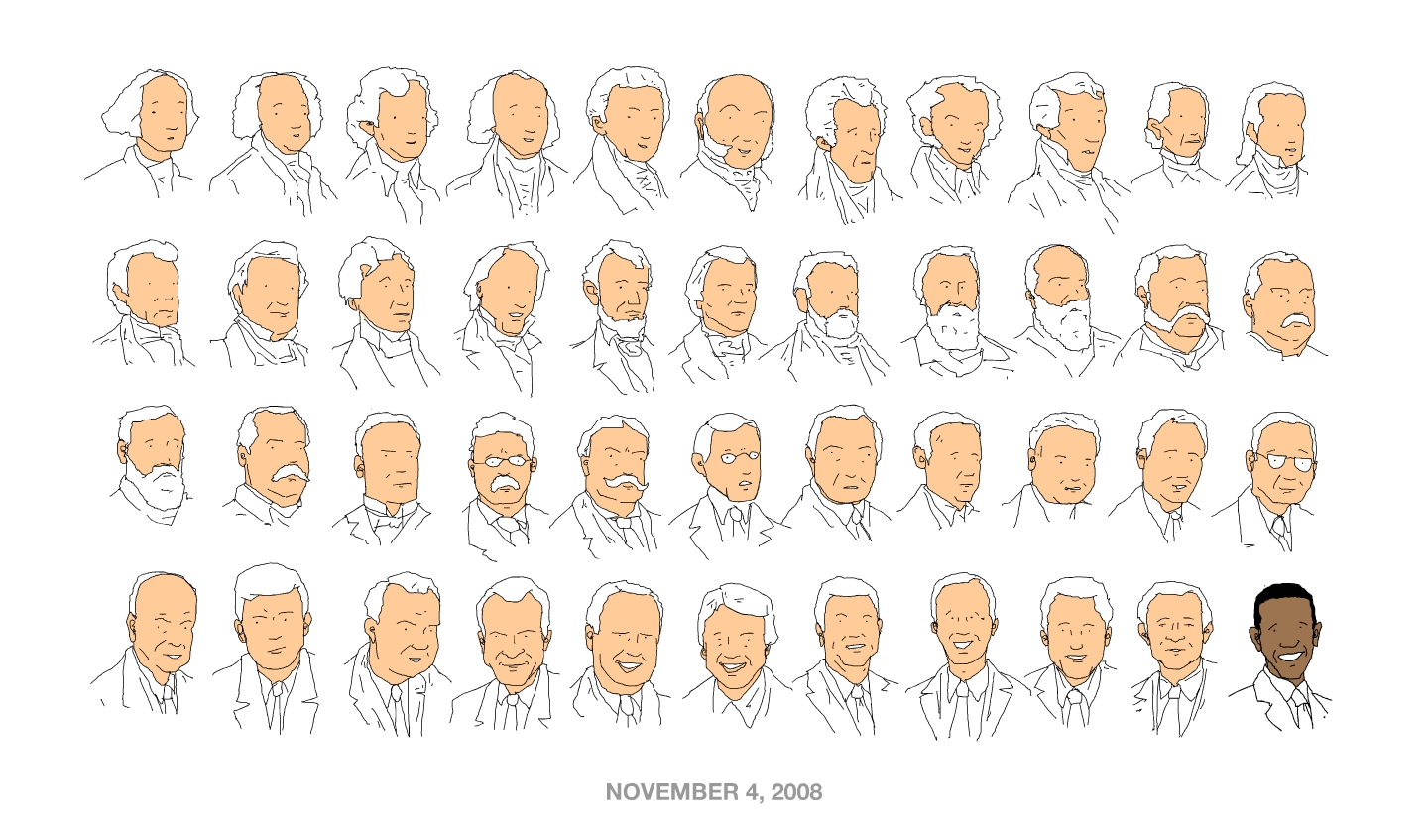Alexandra's talk personally touched me because my family went through a similar experience 30 years ago when I was 12 years old. My mother died at home with cancer in 1978. She had the opportunity to die at home surrounded by her 5 children because both my dad and uncle were her doctors. In the past and today, not all families are given this important choice. The memories I have of my mother's final days 30 years ago are still important to me today.
Last week, Matthew Holt who blogs at The Health Care Blog and Paul Levy, CEO of Beth Israel Deaconess Medical Center in Boston who blogs at Running A Hospital, spread the word to bloggers about a viral campaign (call it a blog rally) to raise awareness by encouraging families to discuss end of life care issues while gathering for the Thanksgiving holiday weekend.
For West Virginia readers who want to learn more about end of life care I recommend checking out the resources provided by the West Virginia Center for End of Life Care. There is also valuable information for health care professionals. Here individuals can find forms for the standard West Virginia Living Will and Medical Power of Attorney. The site also includes information, FAQs, list of West Virginia palliative/hospice providers and other resources.
Engage with Grace from Health 2.0 on Vimeo.
Below is a message being posted today and throughout the Thanksgiving holiday weekend at blogs around the country and the world:
We make choices throughout our lives - where we want to live, what types of activities will fill our days, with whom we spend our time. These choices are often a balance between our desires and our means, but at the end of the day, they are decisions made with intent. But when it comes to how we want to be treated at the end our lives, often we don't express our intent or tell our loved ones about it.This has real consequences.
73% of Americans would prefer to die at home, but up to 50% die in hospital. More than 80% of Californians say their loved ones “know exactly” or have a “good idea” of what their wishes would be if they were in a persistent coma, but only 50% say they've talked to them about their preferences. But our end of life experiences are about a lot more than statistics. They’re about all of us. So the first thing we need to do is start talking.
Engage With Grace: The One Slide Project was designed with one simple goal: to help get the conversation about end of life experience started. The idea is simple: Create a tool to help get people talking. One Slide, with just five questions on it. Five questions designed to help get us talking with each other, with our loved ones, about our preferences. And we’re asking people to share this One Slide – wherever and whenever they can…at a presentation, at dinner, at their book club. Just One Slide, just five questions. Lets start a global discussion that, until now, most of us haven’t had.
Here is what we are asking you: Download The One Slide and share it at any opportunity – with colleagues, family, friends. Think of the slide as currency and donate just two minutes whenever you can. Commit to being able to answer these five questions about end of life experience for yourself, and for your loved ones. Then commit to helping others do the same. Get this conversation started. Let's start a viral movement driven by the change we as individuals can effect...and the incredibly positive impact we could have collectively. Help ensure that all of us - and the people we care for - can end our lives in the same purposeful way we live them. Just One Slide, just one goal. Think of the enormous difference we can make together.
(To learn more please go to www.engagewithgrace.org. This post was written by Alexandra Drane and the Engage With Grace team)
UPDATE: Paul Levy provides a post-rally update thanking those engaging gracefully. There were well over 95 bloggers over the Thanksgiving holiday weekend helping to spread the word.




